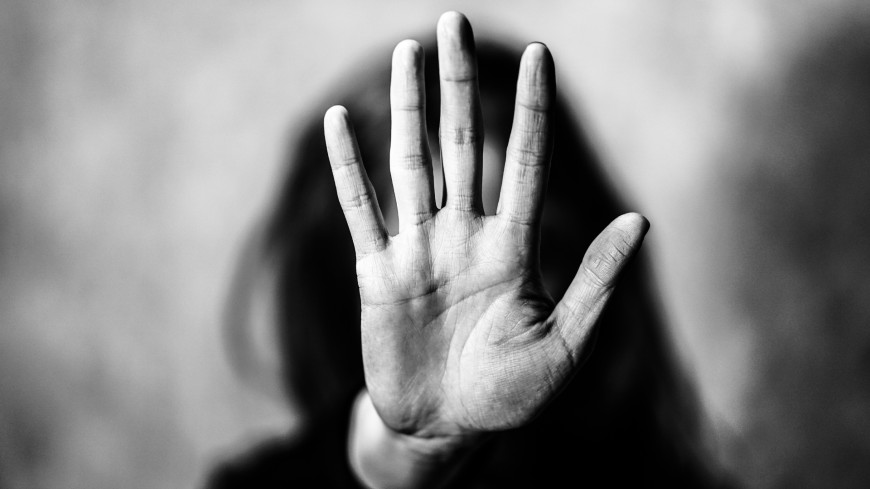Democracy is a system of the government by the whole population or all the eligible members of a state ,or typically through representation where people can choose their leader and check on how they represent them. Democracy can be categorized into two; forms direct and representative. In direct democracy citizens can directly participate in making public decisions without the intermediary of elected officials. Representative on the other hand citizens can not directly participate in public decision making. Democracy is always superior than any other form of government because it enhances the dignity of the individual by giving them equal treatment.
Democracy is sometime often faced by constraints such as gendeGBV which greatly deter its credibility and transparency. Despite the importance for including women as a fundamental principle in liberal democracy there has been a strain in implementing this as men seem to be the far strong party and decisions concerning political matters are often made by them. Men even influence the leaders their wives get to vote in and the women have no say. Going against their expectation often leads to family wrangles and the woman stands to lose a lot from it. Physical abuse such as beating and torture are often experienced and it leads to both physical and psychological damage.
There is tension the constitutional provision for women t actively participate in politics and As “women sitting on men” .This notion has made it difficult for female legislator being elected into the national assembly as men think they will lose dominance over women. Some stereotype believe they can not be ruled by women hence it hard to elect more women and the few seats held by women are taken by men and women given inferior tasks which can make them audible enough to air their grievances .In some communities in the Northern Kenya women are not allowed to speak in barazas.
Overall, research shows that democracy and gender equality form a mutualy reinforcing relationship in which higher levels of liberal democracy are a necessary but not sufficient condition for higher levels of gender equality and physical security of women. In addition, higher levels of gender equality are strongly correlated with a nation’s relative state of peace, a healthier domestic security environment, and lower levels of aggression toward other states. Strategies to strengthen democracy and human rights, therefore, should emphasize women’s empowerment, accountability for violence against women and girls, and closing the political and economic gender gap. Similarly, efforts aimed at achieving gender equality should emphasize more inclusive societies, including attention to such factors as race, age, ethnicity, religion, and sexual orientation. The international community should work collaboratively with civil society and the private sector to prioritize policies designed to mainstream gender equality across the board.
The government has to take some measures to ensure gender equality in democracy and decision making. The following measures could be taken: Empower women economically. Economic empowerment of women is key to ensuring resilience against gender-based violence and opportunities for political participation. States should there for strongly support policy initiatives focused on closing the wage gap relative to men, including paid parental leave and child care.
Enable female diplomats to engage in high-level decision making. The Community of Democracies should support a more active diplomatic role for women leaders and ensure their involvement at the highest levels of decision making in foreign policy and national security debates.
The Community of Democracies should encourage all states, especially those with higher levels of democracy, to publicly support grassroots organizations involved in advocacy work on behalf of women, and shelter at-risk female activists in less democratic regimes.
States should conduct gender audits in their ministries with responsibility for security, defence and foreign policy to determine the extent to which gender mainstreaming has been undertaken and which policies, if any, have been implemented.
SGBV has become one of the main components of election-related political violence in Kenya. In the perspective of the 2022 general elections, there are serious concerns about the potential outbreak of violence. The Kenyan authorities must take urgent, robust and concrete measures to combat election-related SGBV. These measures must address the root causes of the violence – including the prevalence of misogyny and patriarchy within the political sphere – its various manifestations and consequences. They must take account of the specific needs of those who are targeted by election-related SGBV, in particular in particular women voters, protesters, but also economically disadvantaged women who are assimilated with a particular ethnicity or political group. Specific measures are also required to address violence perpetrated against female politicians. In line with international law and standards, including the recommendations formulated by the ACHPR in its Guidelines on Combating Sexual Violence and its Consequences in Africa, these measures must be aimed at prevention, protection, investigation, prosecution and reparation, including guarantees of non-repetition.






